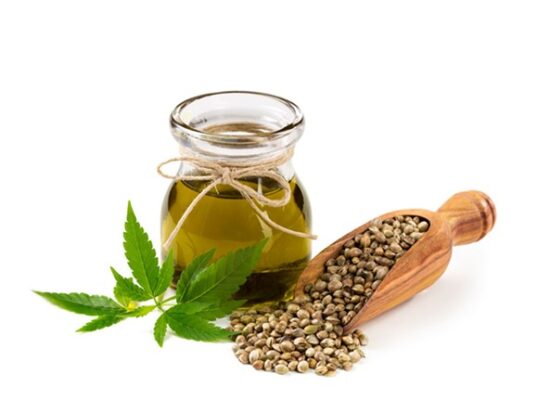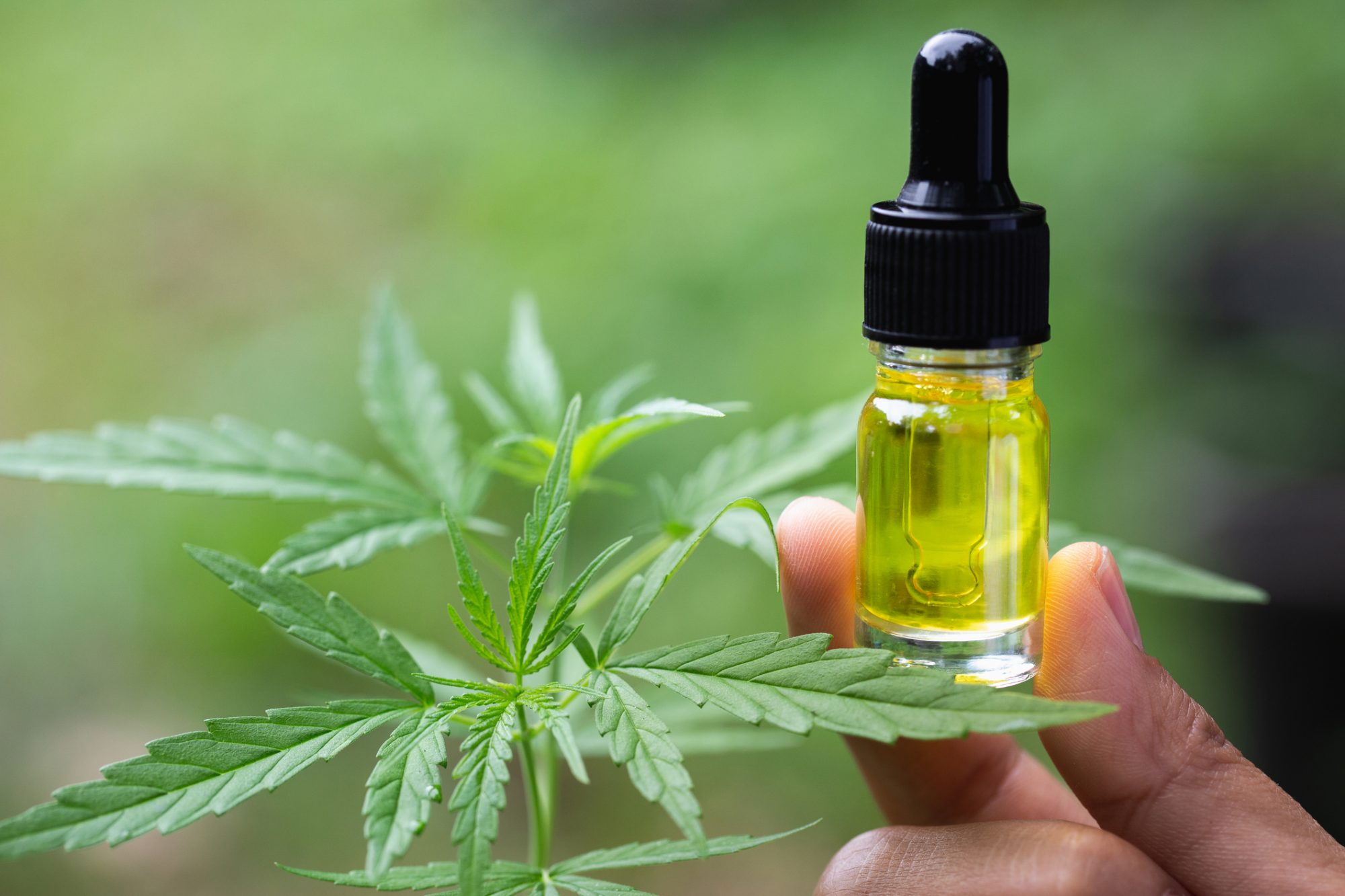Cannabidiol (CBD) is a phytocannabinoid discovered in 1940. It is one of 113 identified cannabinoids in cannabis plants and accounts for up to 40% of the plant’s extract. As of 2019, clinical research on cannabidiol included studies of anxiety, cognition, movement disorders, and pain.
Cannabidiol may be supplied as CBD oil containing only CBD as the active ingredient (no included tetrahydrocannabinol [THC] or terpenes), a full-plant CBD-dominant hemp extract oil, capsules, dried cannabis, or as a prescription liquid solution. CBD does not have the same psycho-activity as THC.
Therapeutic Effects of CBD
Research into the medical benefits of CBD is steadily increasing. So, we are learning the mechanics behind the therapeutic effects of cannabis. The question is no longer, does cannabis have medical value. But how to best optimize its therapeutic benefits to suit each individual’s needs and lifestyle. So one of the most important and frequently asked question is about CBD dosage and how to determine the most effective dose of CBD.
CBD has proven you don’t need to get high to experience the therapeutic benefits of cannabis. But many people feel it’s more difficult to determine what the right dose of CBD is because they don’t ‘feel’ it working at least not in the same way they would with THC.
So, how do you determine the most effective dose of CBD?
What Research and Doctors are saying
Most doctors haven’t been educated on the therapeutic benefits of cannabis and therefore don’t have an in-depth understanding of effective dosing. That is unless they’ve personally chosen to educate themselves on current research.
The doctors that are talking about medical cannabis use, often see dosing as a moving target due to the fact that there are many factors that contribute to determining an effective dose. Such factors include;
- condition/symptom you’re treating,
- individuals age, and size,
- experience with cannabis consumption.
Another factor that influences finding the most effective dosage is the route of administration. The bioavailability of the cannabinoids in not the same for every method of consumption; therefore, what may be an effective dose for one method may not be easily translated to another. We will address routes of administration later in this article.
Why does the condition or symptoms being treated effect dose?
One of the reasons CBD is effective in treating many different ailments is that it binds to a number of receptors throughout the body. It’s generally accepted that CBD will tend to bind to the receptors it has the most affinity for first or the ones that are most densely expressed. This means, at a low dose it will only bind to these receptors. And at higher doses, CBD will begin to bind to other receptors and you may start to experience other effects.
In some cases, as is with treating anxiety for many people, a mid-range dose is most effective. Though this is not the case for all conditions. So far, studies surrounding the use of CBD for epilepsy have not found individuals to experience any adverse effects even at very high doses.

